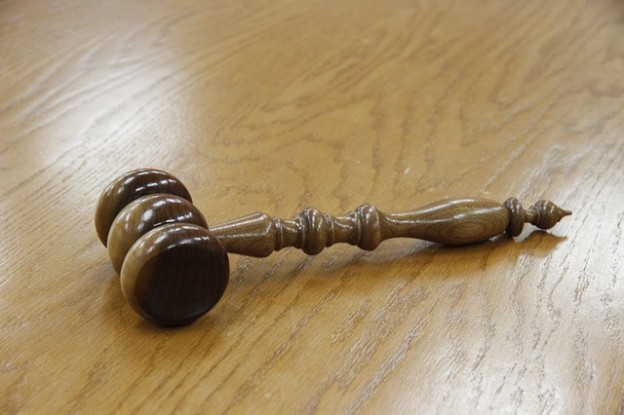Getting an Appeal Heard in a Higher Court
When it comes to legal issues, the word “always” is perhaps too bold. If you went through a trial but lost your case, there is a good chance you can appeal but not always. Guiding the appeals process are several explanations and definitions. Due to the complexities of the appeals process even at the state level, it is imperative that you work with a Georgia attorney experienced in handling appeals.
For starters, the purpose of the appeals court is to review legal decisions from an earlier trial and then determine if the judge interpreted the law impartially and accurately. If you had a jury trial, the appeals court does not consider the credibility of witnesses or whether someone lied while testifying. Instead, it only evaluates the presiding judge to determine if all decisions were legally correct.
The appeals court is looking to see if the judge made a “mistake or error in law.” A few examples include the judge providing the jury with incorrect instructions at any point during the trial, ruling incorrectly on an objection, or refusing to allow vital pieces of evidence into the proceedings. Although those are errors in law, an appeals court will only reverse the trial court’s ruling if it was severe enough to affect the outcome adversely.
There are many reasons for hiring a highly-qualified attorney in Georgia. For instance, no appeal will be filed unless the judgment against you is entered officially, which can take up to six months. Also, to get an appeals court to agree to review your case, the attorney must write a persuasive brief showing that the outcome of your trial was wrong.
Your best chance of getting an appeal, especially when going to the United States Supreme Court, is to rely on the experience and expertise of an appellant attorney. Your lawyer will go over the details of your trial and then write the brief. Depending on the jurisdiction, your attorney may also have the right to give an oral argument as to why the decision in your trial was incorrect from the perspective of the law. Although no witnesses get called in an appeals case, the benefit of an oral argument is that the court can ask questions of the attorney and clarify issues.
Whether appealing to the state or federal court, the framework is virtually the same. The overall goal is to convince the court to hear the case and, ultimately, reverse the decision or order a new trial.
Author: Clarissa Caouette















